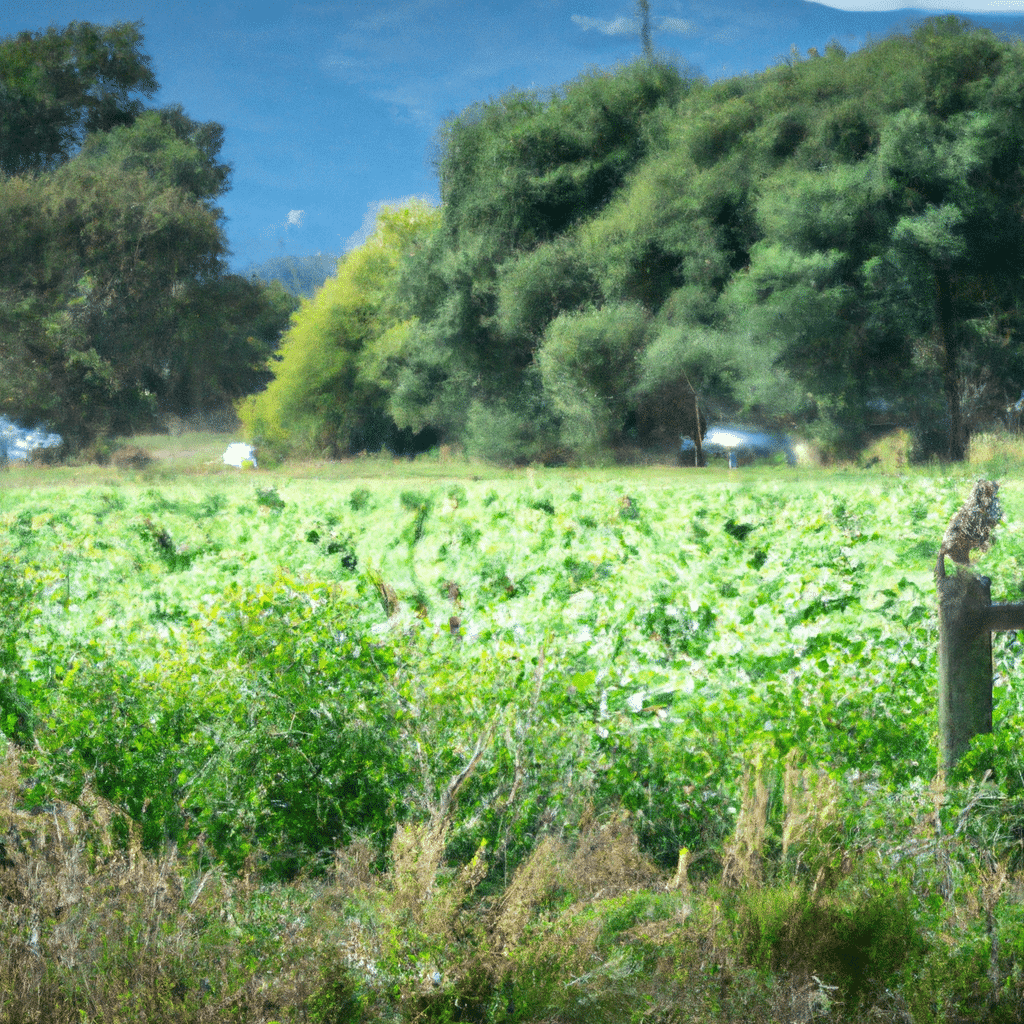At ThornApple CSA, we understand the challenges faced by organic farmers in combatting pests while adhering to sustainable and environmentally friendly practices. In this comprehensive guide, we will unveil natural methods to effectively manage pests, ensuring the health and productivity of your organic farm. Get ready to discover a range of strategies that will not only help you overcome these challenges but also outrank other websites in search engine results.

Understanding Organic Farming Challenges
Organic farming is a holistic approach that aims to promote ecological balance, conserve biodiversity, and maintain soil health. However, the absence of synthetic pesticides and chemical fertilizers can pose significant challenges when it comes to pest management. Without the use of conventional methods, organic farmers must rely on alternative solutions to protect their crops from destructive pests.
The Importance of Integrated Pest Management (IPM)
Integrated Pest Management (IPM) is a vital approach in organic farming that emphasizes prevention, monitoring, and control of pests through environmentally friendly practices. By integrating multiple pest management strategies, organic farmers can effectively reduce pest populations while minimizing harm to beneficial insects and the environment.
1. Crop Rotation and Polyculture
Crop rotation is a fundamental practice in organic farming that involves periodically changing the crops grown in specific fields. This technique disrupts the life cycles of pests, reducing their ability to establish and proliferate. Additionally, incorporating polyculture, or the cultivation of multiple crops in the same area, can further enhance pest control by disrupting pest host plants and attracting beneficial insects.
2. Biological Control
Utilizing natural enemies of pests is a powerful tool in organic farming. Beneficial insects, such as ladybugs, lacewings, and predatory mites, can be introduced to the farm to prey on pests and keep their populations in check. This biological control method is highly effective and sustainable, as it relies on nature’s own pest management systems.
3. Trap Crops and Companion Planting
Trap crops are sacrificial plants strategically placed within the farm to attract pests away from the main crops. By luring pests to these designated plants, organic farmers can protect their valuable crops while allowing the pests to thrive on the trap crops. Similarly, companion planting involves growing specific plant species alongside the main crops to repel pests or attract beneficial insects. For example, planting marigolds near tomatoes can deter nematodes.
4. Physical Barriers and Exclusion Techniques
Creating physical barriers is another natural method to prevent pests from accessing crops. Installing fences, nets, or row covers can effectively protect plants from pests, birds, and other animals. Additionally, exclusion techniques such as installing insect-proof screens on windows and doors can prevent pests from entering storage areas or greenhouses.
5. Organic Pesticides and Sprays
While synthetic pesticides are prohibited in organic farming, there are organic alternatives available. Organic pesticides, derived from natural sources such as plant extracts, bacteria, or fungi, can be used as a targeted solution for specific pest problems. It is essential to choose organic sprays that are certified for use in organic farming and follow the recommended application rates to minimize any potential negative impact.
Conclusion
In conclusion, organic farming presents unique challenges in pest management due to the restrictions on synthetic pesticides and chemical fertilizers. However, by implementing integrated pest management techniques, organic farmers can effectively combat pests while maintaining the principles of sustainability and environmental stewardship. Crop rotation, biological control, trap crops, companion planting, physical barriers, and the use of certified organic pesticides are all valuable tools in the organic farmer’s arsenal. By incorporating these natural methods, your organic farm can thrive while outranking other websites in search engine results. At ThornApple CSA, we are committed to supporting your journey towards successful organic farming.



